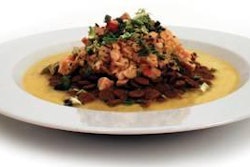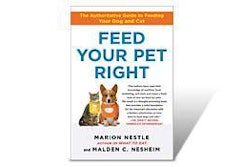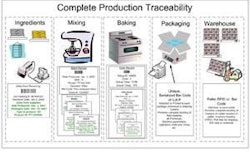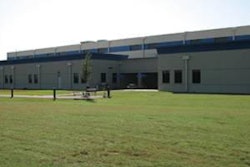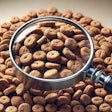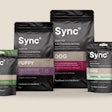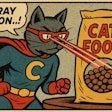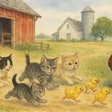Over 12 studies, we assessed precision and accuracy of weighing out food portions of various dry kibbled foods by measuring cup. Poor precision was noted in all studies, with intra- and inter-subject coefficients of variation ranging from 2 to 13% and 2 to 28%, respectively. Variable accuracy was also noted, which ranged from an 18% underestimate to an 80% overestimate in portion size. No specific factors were associated with imprecision, but the degree of inaccuracy was negatively associated with portion size and positively associated with the number of subjects participating in the study.
This is the first study to document imprecision and inaccuracy of using measuring cups to estimate portions of extruded dry kibbled food. Over time, such errors could contribute to insidious weight gain in companion animals, potentially contributing to the development of obesity and to failure of weight management programs for obese pets.
Source : A.J. German et al., 2010. Imprecision when using measuring cups to weigh out extruded dry kibbled food. JAPAN online October 2010. doi: 10.1111/j.1439-0396.2010.01063x


